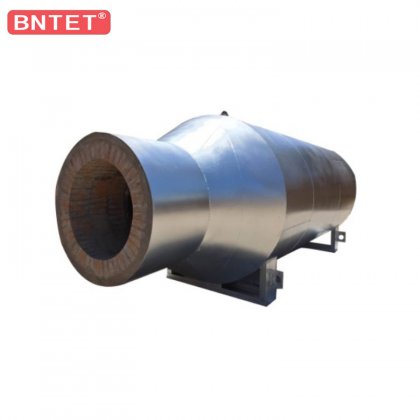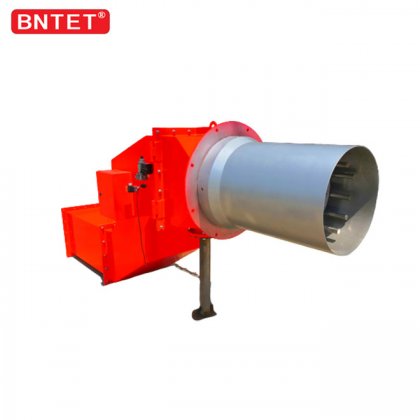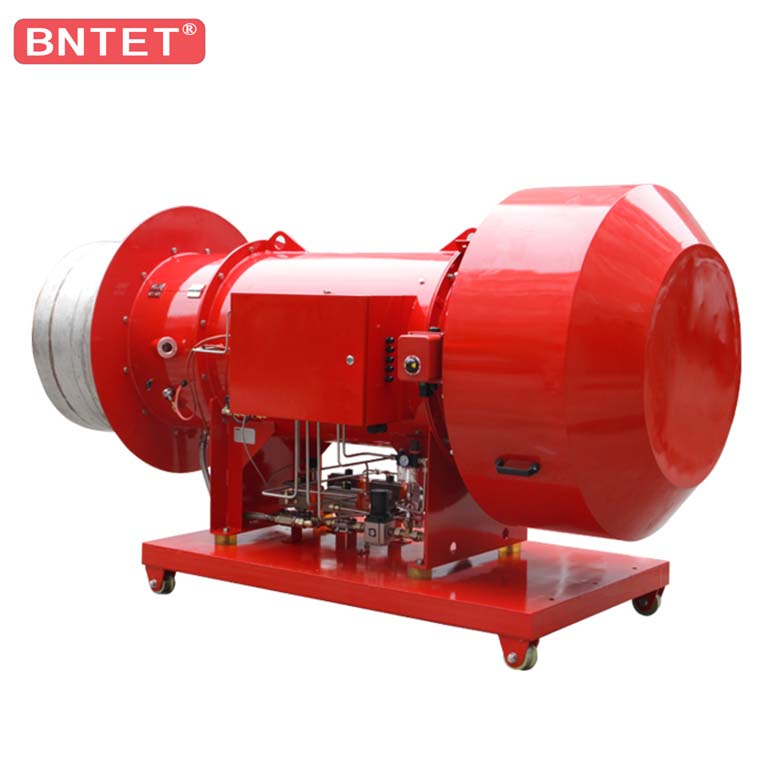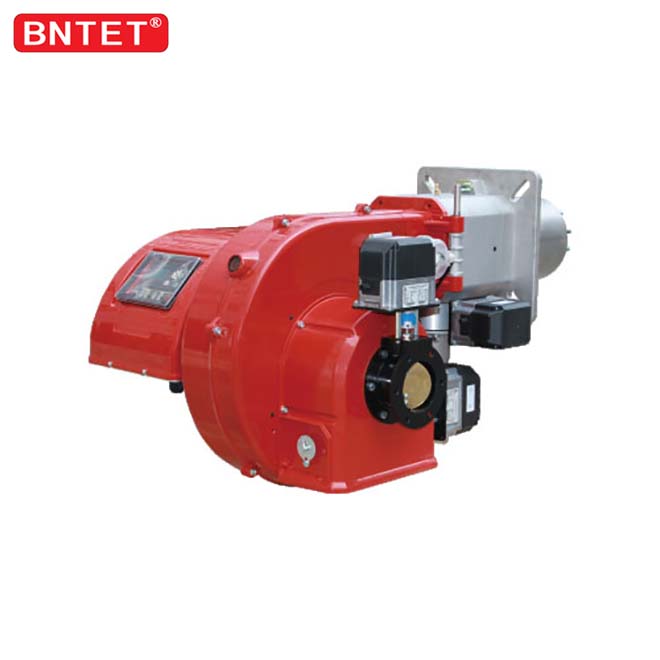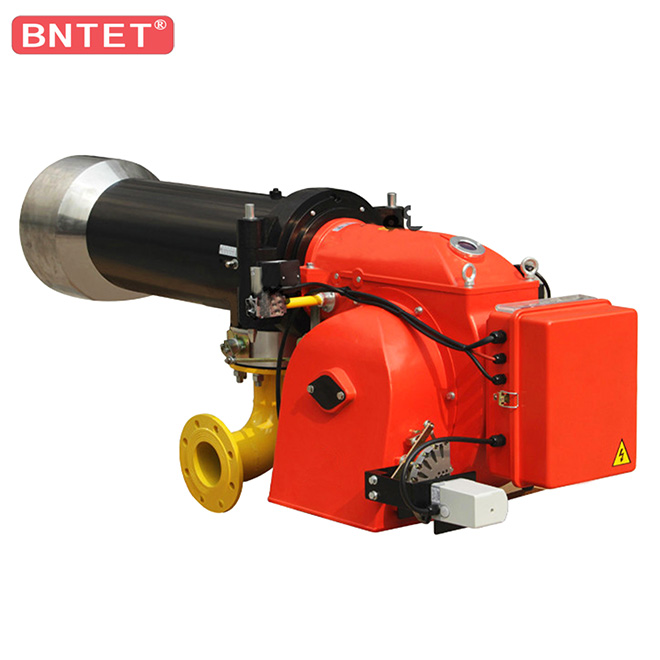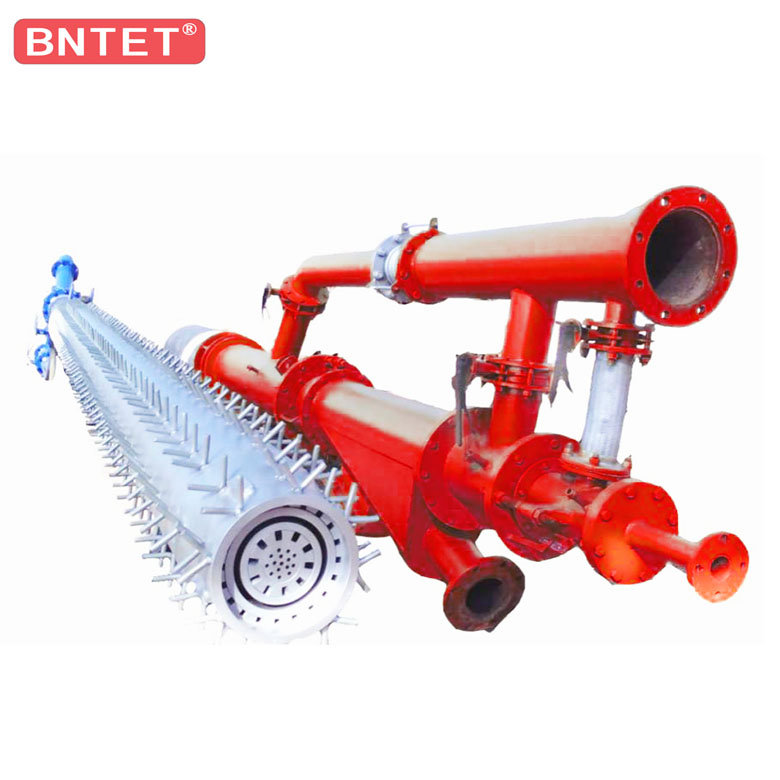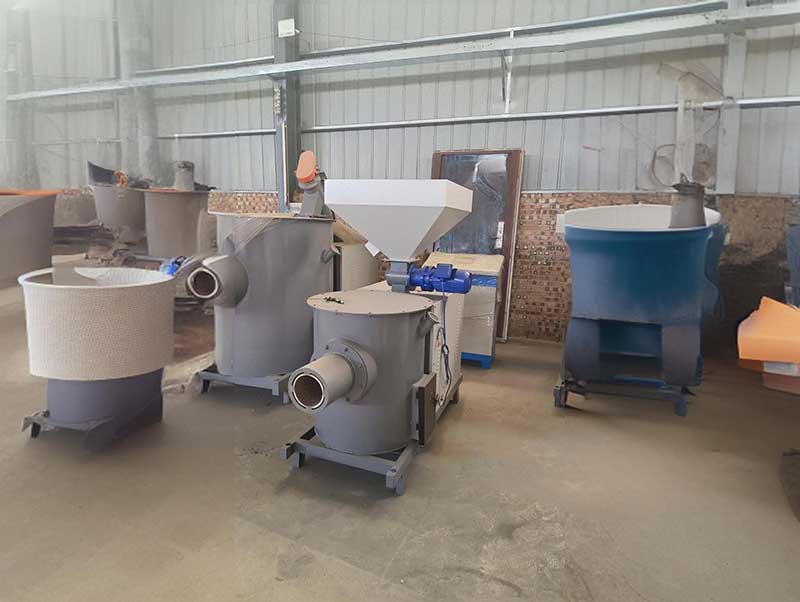
Biomass burners have many advantages that make them a focus of attention in terms of energy utilization and environmental protection.
The following are the main advantages of biomass burners:
1. Renewable energy
Rich resources: Biomass fuels come from a wide range of sources, including crop residues, wood, straw, etc.,
and can effectively utilize agricultural and forestry waste.
Sustainability: Biomass is a renewable energy source that can be produced continuously under reasonable management.
2. Environmental protection characteristics
Low carbon emissions: Compared with fossil fuels, biomass combustion has lower carbon dioxide emissions,
and biomass absorbs corresponding carbon dioxide during its growth process, forming carbon neutrality.
Reduced waste: Using agricultural and forestry waste as fuel reduces environmental pollution and waste accumulation.
3. High thermal efficiency
High calorific value: Modern biomass burners are optimized in design to achieve high thermal efficiency
and maximize the use of fuel thermal energy.
Stable operation: A good combustion control system ensures the stability of the combustion process,
thereby improving the utilization of thermal energy.
4. Economical
Reduced energy costs: Biomass fuels are generally cheaper than fossil fuels,
especially in resource-rich areas, which can reduce energy expenditures.
Promote local economy: The production and utilization of biomass fuels contribute to local economic development
and create employment opportunities.
5. Versatility
Wide application: Biomass burners can be used in a variety of fields such as heating, power generation,
industrial heat energy, etc., and are highly adaptable.
Flexible configuration: It can be combined with other energy systems (such as solar energy and wind energy)
to form a hybrid energy solution.
6. Technological progress
Automation control: Modern biomass burners are equipped with advanced automatic control systems,
which improves the convenience and safety of operation.
Efficient emission control: Many biomass burners are equipped with flue gas treatment devices,
which can effectively reduce the emission of harmful gases and meet environmental protection standards.
7. Energy security
Reduce dependence on fossil fuels: The use of biomass fuels helps reduce dependence on imported fossil fuels
and improve energy security.
Decentralized energy supply: The decentralized production and utilization of biomass fuels enhances the flexibility
and security of energy supply.
Summary
Biomass burners have become an important choice for modern energy utilization with their renewability,
environmental protection, high efficiency and economy, and have adapted to the needs of sustainable development.
With the continuous advancement of technology, the application prospects of biomass burners will be broader.

